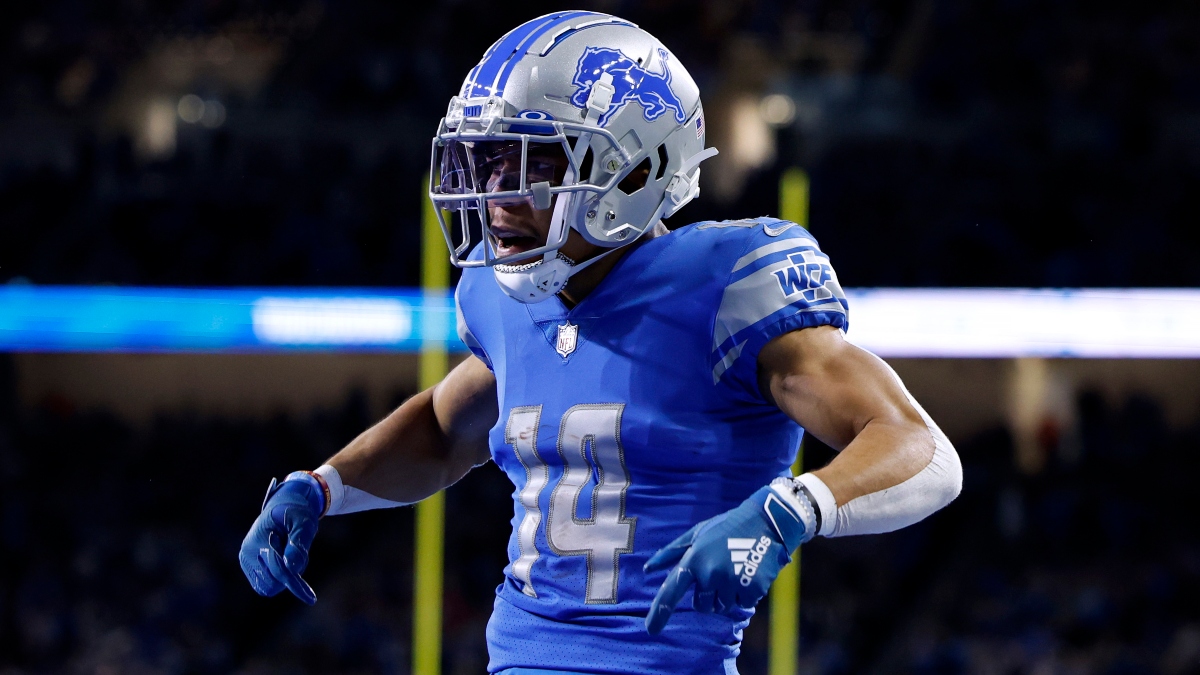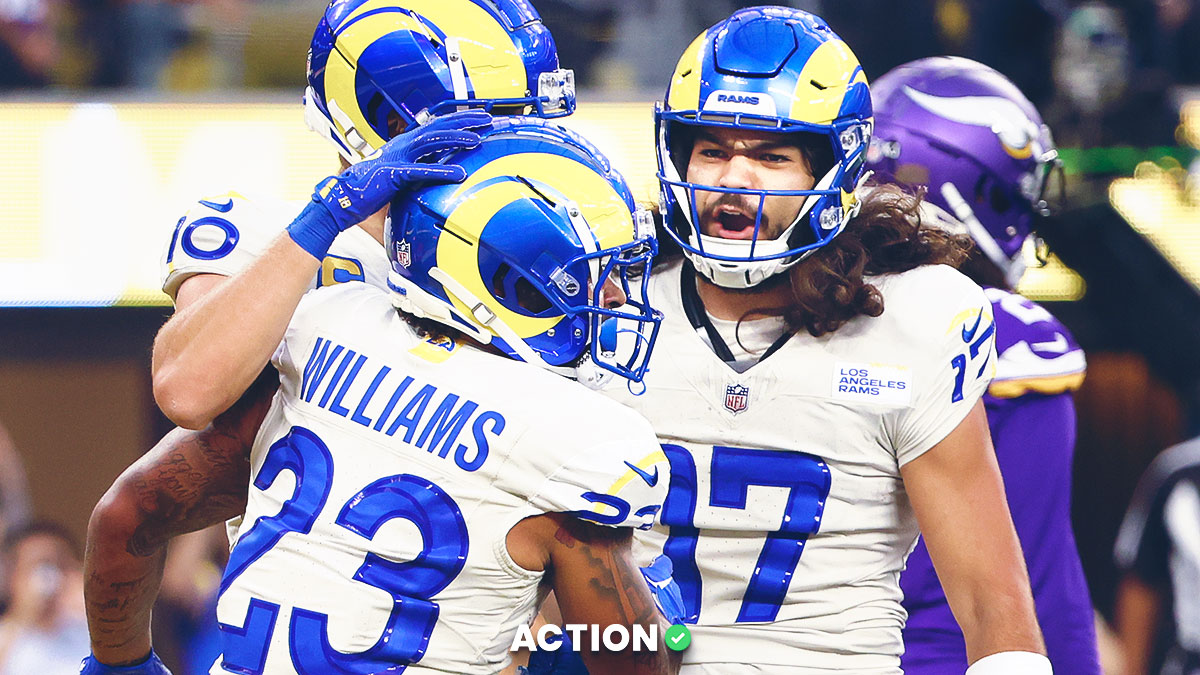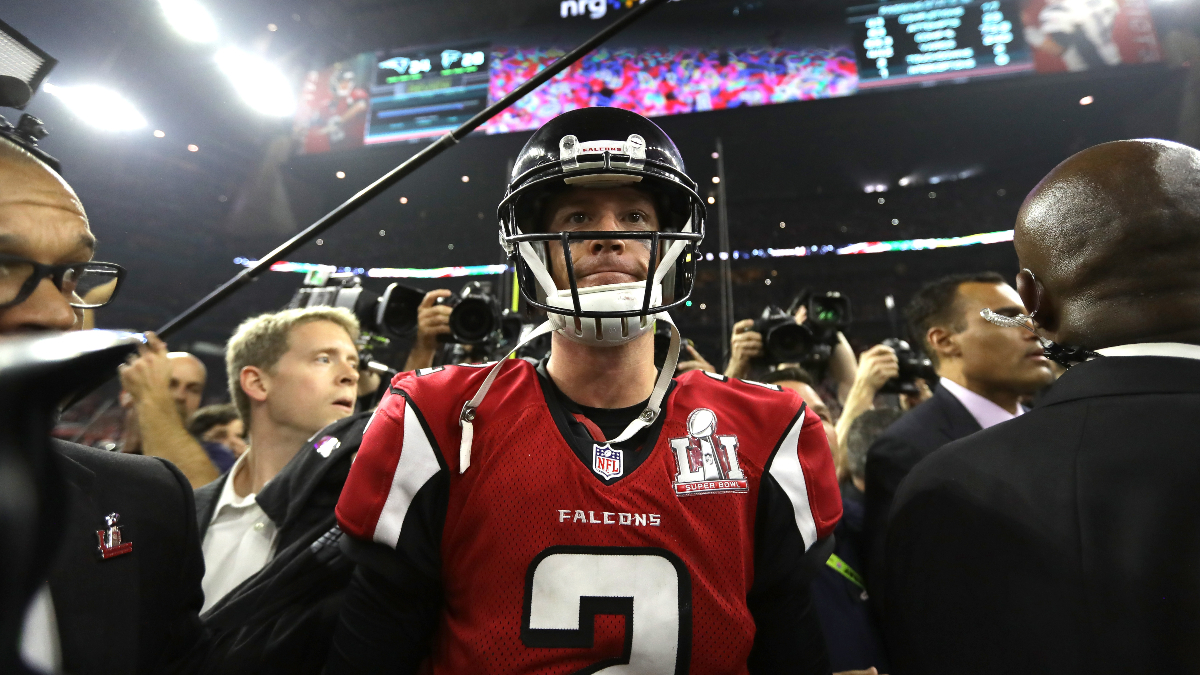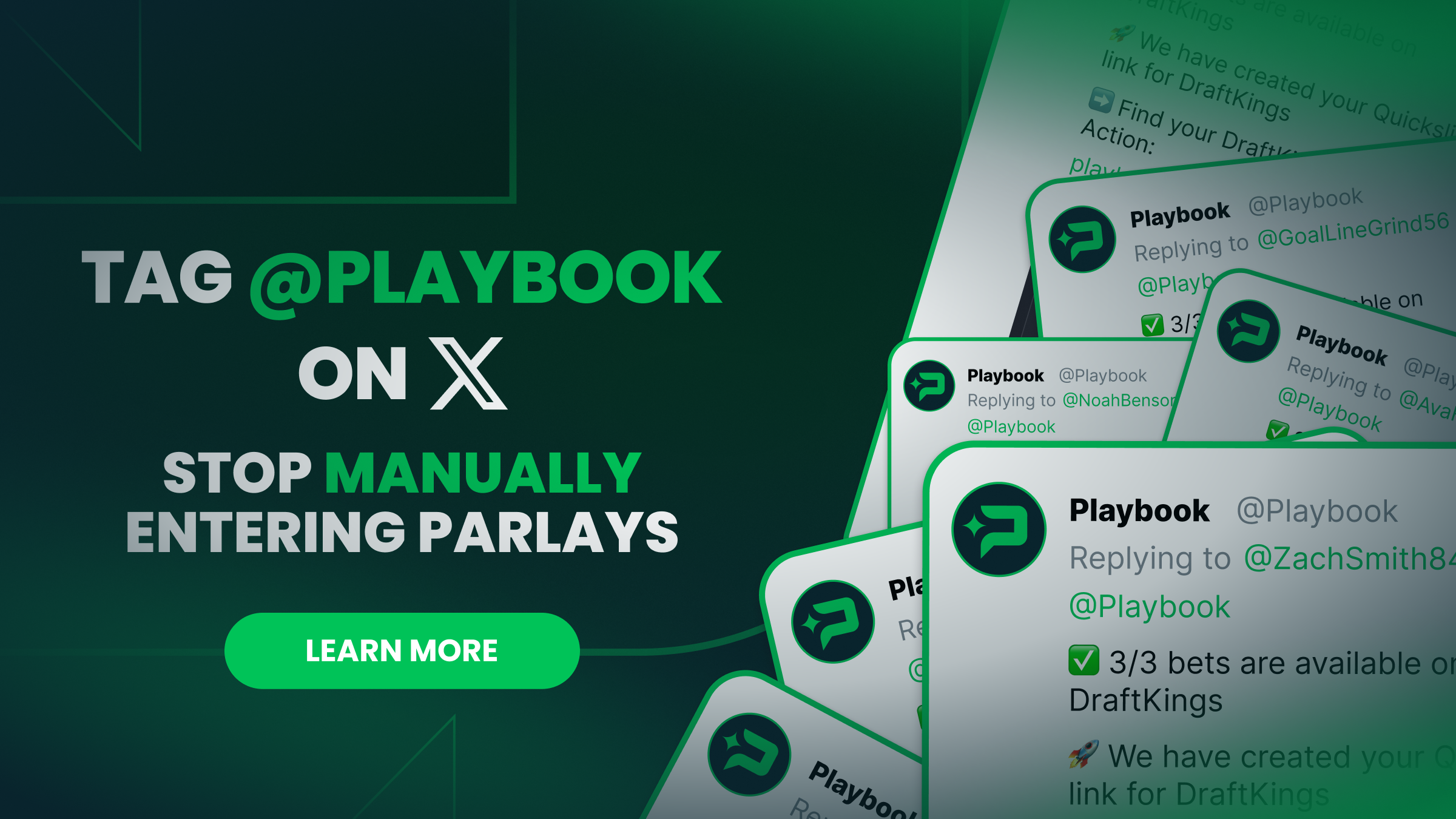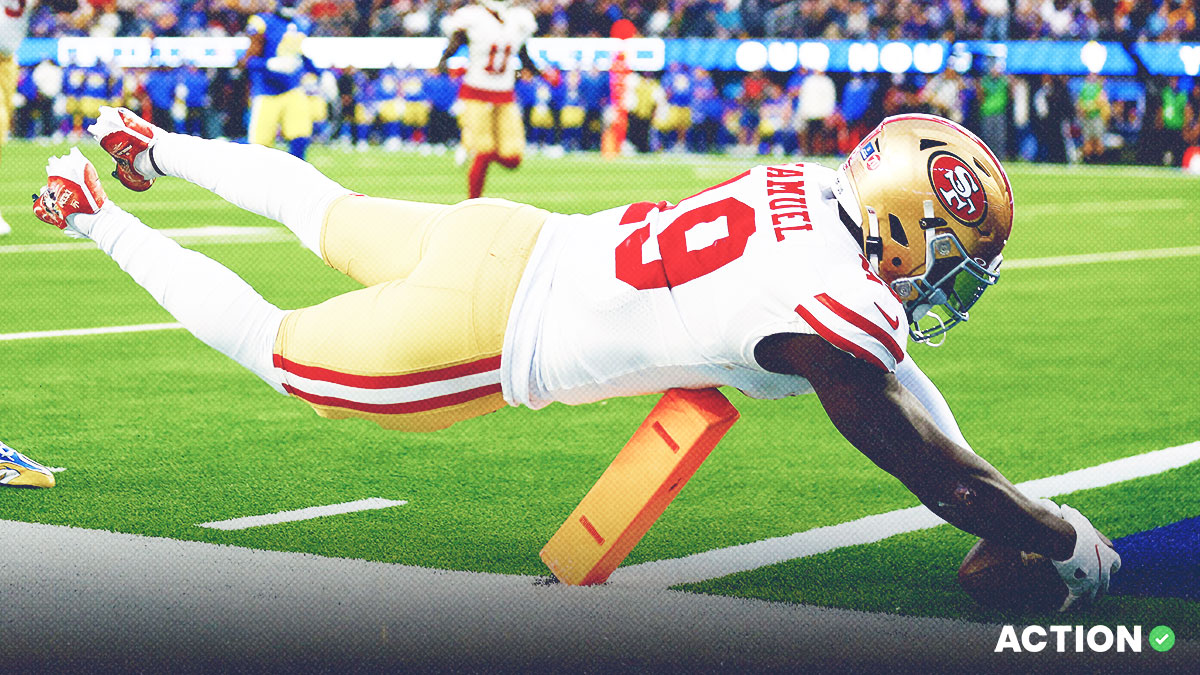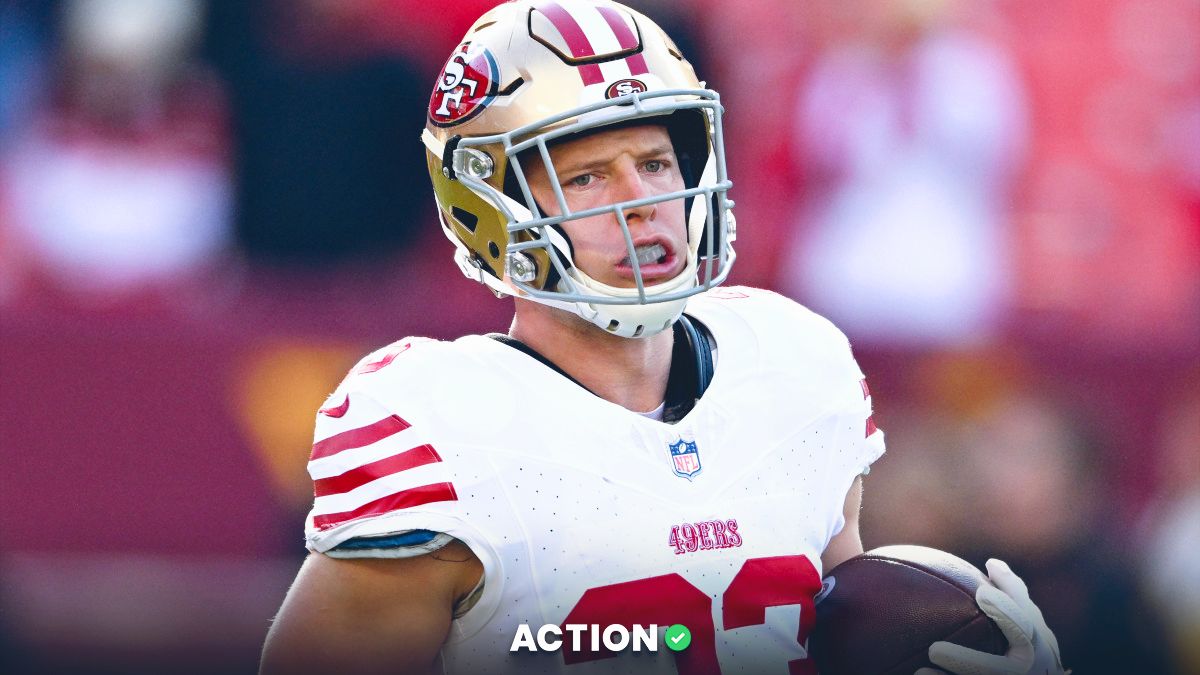An over/under in sports betting is a bet on the total number of points scored in a game. It's often called "the total."
You're wagering on whether or not the combined points/goals/runs scored by both teams will go over or under a predetermined amount. You're not trying to guess the exact amount (though sportsbooks do offer this, at high payouts).
The Chiefs-Ravens over/under for the 2024 NFL opener in Week 1 is set at 46.5.
- If the teams combine for 47+ points, the game goes "over" and anyone who bet the over wins
- If the teams combine for 46 or fewer points, the game goes "under" and anyone who bet the under wins
- Since it's 46.5 and not 46 or 47, there is no tie, or push
These days, there are many more opportunities for over/under betting than just the final score — for example, you can wager on a quarterback over or under 249 passing yards, or a team under 2.5 touchdowns.
But wagering on the actual total number of points in a game is still among the most popular betting options available and usually listed right next to the point spread and moneyline, so when someone refers to the over/under in an NFL game, it's likely they're referring to the total points scored.
Over/Under Betting Explained
Over/Under Definition
As a bettor, you're trying to predict whether the total score will go over or under a certain amount set by the sportsbook. You're not trying to guess the exact number. If the over/under lands on exactly the posted number unless the posted number is a half-point (46.5 instead of 46, for example), it's a push and your bet is refunded.
A total bet — the combined points scored by each team — is the most common form of over/under betting, but the concept is now applied to props, regular season wins, and much more.
Total bets are among the most popular wagering options in sports betting, behind point spreads and moneylines.
Over/Under Examples
Let's dive into an example of over/under betting.
DraftKings set the over/under at 52 for Chiefs vs. Titans in the 2020 AFC Championship Game.

Anyone placing a total bet had the option to wager on the total points in the game going over or under 52.
The Chiefs won 35-24 — a total of 59 points — putting the game over the total. Anyone who took the over won their bet. Anyone on the under lost.
If this game had landed exactly at 52 points, it would have been a push with all bets refunded.
Over/unders come in all shapes and sizes �� you can wager on the total points scored in a game, or on a prop bet like total field goals in an NFL game or total rebounds by an NBA player.
When it comes to NFL betting, we have you covered with a number of resources, such as NFL Odds, NFL Futures and NFL ATS Standings!
How Do I Make an Over/Under Bet?
It's easy to make an over/under bet at any sportsbook, from BetMGM to a heavyweight national player like DraftKings. Here's how to get started:
- Navigate to your desired sport
- Click on the over or under in the game module (the over will always be listed on top) to highlight your bet.
- Head to the bet slip on the right side of the page (on your phone, it will pop up automatically).
- Click "Login to Place Bet" and login, then submit your bet
Be sure to check out our sportsbook reviews and choose from the list of the top sportsbooks. You can opt for some of the best bonus offers to get you started, like the bet365 bonus code, the Caesars Sportsbook promo code, the Fanatics Sportsbook promo, or the "theScore Bet promo code and review".
How Much Do You Win on an Over/Under Bet?
A standard bet on a total is treated just like a point spread. The sportsbook will take its 10% cut, displayed with American odds. You can use our odds calculator to determine your payout.
For the most part, you're going to be betting $1.10 for every $1 you want to win on a total bet in a football game. That's what the -110 odds mean next to the Chiefs-Titans total points.

So if you bet $11, you'll win $10. If you risk $55, you'll win $50. $110 wins $100.
In low-scoring sports like hockey, soccer and baseball, a sportsbook will often adjust the price, or juice, before moving the number.
Let's say a Yankees–Red Sox game has a total of 8.5, but the sportsbook makes its projection closer to 9 than 8.
In that case, a sportsbook may make the over -120 and the under +100 to reflect its projection of how the game will go, forcing anyone who bets the over to pay a little bit more because that outcome is slightly more likely.
At -120, you're risking $1.2 for every $1 you want to win, and at +100, you're risking $1 for every $1 you want to win.
If the Red Sox win 5-3, under bettors win. If they win 6-3, over bettors win.
How Are Totals Made?
There's a lot that goes into making odds like totals, and it varies by sport. Bookmakers and bettors use many inputs — including how fast each team plays, offensive and defensive efficiency, weather, and more — to create a total.
Here were the average betting totals for each of the four major U.S. sports for the 2019-2020 seasons, per our data at Bet Labs.
| Sport | Average Total |
|---|---|
| NFL | 45.4 |
| NBA | 222 |
| NHL | 6 |
| MLB | 9.1 |
| NCAAF | 55.4 |
| NCAAB | 139.8 |
Average totals are constantly changing as rules and team philosophies evolve in sports.
Just five years ago, NBA betting totals in the 180's were common. But there has not been an NBA total under 190 since 2017, as small-ball and 3-point shooting have taken over the league.
In the 2016-17 season, the average NBA total was just 210.6 — almost 10 points less than the 2019-20 season.
Over/Under Strategies
If it was easy to bet only unders or only overs, you'd be retired on a beach somewhere.
But unders have been a better bet in every sport over the last five years — just not enough to blindly bet them and become gainful because of the cut the sportsbook takes on all your bets.
Here are over and under betting records for each sport since the start of their 2016 regular seasons, listed as overs-unders-pushes (last updated Jan. 20, 2022):
| Sport | O/U Record | Under Win % |
|---|---|---|
| NFL | 619-666-11 | 51.8% |
| NBA | 3213-3215-74 | 50.01% |
| NHL | 2959-3009-355 | 50.4% |
| MLB | 4985-5130-486 | 50.7% |
| NCAAF | 1807-1941-51 | 51.8% |
| NCAAB | 9318-9333-235 | 50.1% |
It's human nature to root for points and offensive success instead of rooting for offensive ineptitude. So the betting market tends to price totals slightly too high.
Your bet is also never technically dead when you bet an over — there's always a chance the game goes to overtime, or there's a flurry of late scoring to push it over.
Do Over/Under Bets Include Overtime?
Yes, any points scored in overtime will count toward your over/under bet. Sorry, under bettors.
This includes almost every type of total — second-half totals, team totals, player props. Overtime will count toward everything but specific markets like first half bets and fourth-quarter bets, for example.
What Does 0.5 Mean in Betting?
If you're betting over or under 0.5, it just means that thing needs to happen once.
So Aaron Judge over 0.5 home runs means he needs to hit a home run. Chelsea under 0.5 goals in an EPL match means they need to score 0 goals for you to win.
What Happens if the Over/Under Lands on the Number Exactly?
Landing on the number results in a push, and bets are refunded.
Stay up to date and keep track of all of the states with legal sports betting to see what the status of legal mobile sports betting is in your location. Missouri sports betting is the next launch expected to happen in 2025!
Stay up to date and keep track of all of the states with legal sports betting to see what the status of legal mobile sports betting is in your location.


